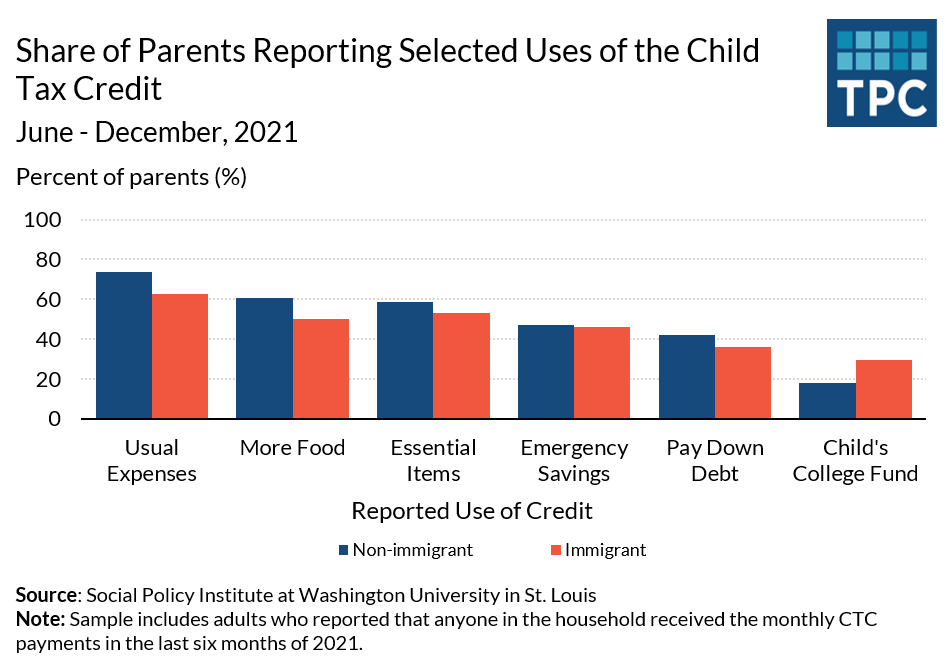What Is Cyber Flashing? – FindLaw
When someone intentionally sends an unsolicited sexual image through the internet, it is called “cyber flashing,” a form of sexual harassment and online abuse.
It happens when a sender transmits explicit photos through Wi-Fi, messaging applications, online platforms, Bluetooth, or other file-sharing applications.
Online dating apps, where cyber flashers transmit “dick pics,” photos of genitalia, or other explicit images, have become a particular problem area. This also occurs on social media apps, such as Snapchat and WhatsApp.
Cyber flashing has also become a pandemic among New York subway commuters, who are exposed to obscene images airdropped to their phones.
How Common is Cyber Flashing?
In a 2017 survey, 53% of women ages 18-29 reported being victims of unwanted sexual images. Victims of cyber flashing do not always report it, however, so that number could be higher.
Is Cyber Flashing Illegal?
Only two states, Texas and California, have cyber flashing laws.
- The Texas law, passed in 2019, classifies cyber flashing as a Class C misdemeanor with fines of $500. The state passed the legislation with the support of Bumble, a popular online dating app.
- In 2022, California unanimously passed a bill to allow cyber flashing victims to sue if the perpetrator is over 18. Additionally, they can sue for punitive damages and attorney’s fees. They can also request a court order blocking future transmissions.
The issue is trending, however, and other state lawmakers are writing legislation to curb the transmission of unwelcome sexually graphic images.
- Virginia is drafting new laws against cyber flashing.
- New York is working on legislation making unsolicited intimate images punishable by a $500 fine and jail time of up to 15 days. The court may also require the perpetrator to complete mandatory sexual harassment training.
- In New Hampshire, cyber flashing is a misdemeanor.
No federal laws prohibit cyber flashing.
England and Wales are putting together an Online Safety Bill, making it a criminal offense with a penalty of up to two years in prison. Scotland has prohibited cyber flashing since 2010.
Isn’t Cyber Flashing the Same as ‘Indecent Exposure?’
All states have laws against indecent exposure, the intentional act of exposing one’s genitals to alarm or offend. Often, this is done for sexual gratification or to solicit a sexual response. Yet it is unclear if “digital” exposure by cyber flashing is treated the same as indecent exposure under the law.
Is ‘Sexting’ the Same as Cyber Flashing?
“Sexting”
is sending online sexual images or texts. This is OK if you are in a
consensual relationship and send intimate photos, but they must be welcomed by the person receiving them. Consent is the key.
With cyber flashing, the sender intends to transmit unsolicited or unwelcome images to the recipient. So if you accidentally send graphic images to someone, that does not constitute the elements of a cyber flashing crime.
How to Prevent Cyber Flashing
You can take several steps to thwart unwelcome images popping up on your phone. Especially if you are in a public area, you can secure your phone in the following ways:
- Turn off Apple’s AirDrop feature on iPhone by turning off Wi-Fi and Bluetooth.
- Don’t accept social media requests from strangers.
- Don’t pair your Bluetooth with unidentified sources.
- Don’t give contact information to unknown people.
What to Do If You Are a Victim of Cyber Flashing
Report it to the police. While it is hard to catch the perpetrator, it alerts police to cyber flashing activity. They need to know if other incidents in public places are related.
You can also contact a local sexual harassment lawyer if you know the person sending the unwelcome images.
Hopefully, lawmakers will catch up to punish this new form of sexual harassment, and tech companies will develop new technology to thwart this type of activity.
Related Resources:
You Don’t Have To Solve This on Your Own – Get a Lawyer’s Help
Meeting with a lawyer can help you understand your options and how to best protect your rights. Visit our attorney directory to find a lawyer near you who can help.






